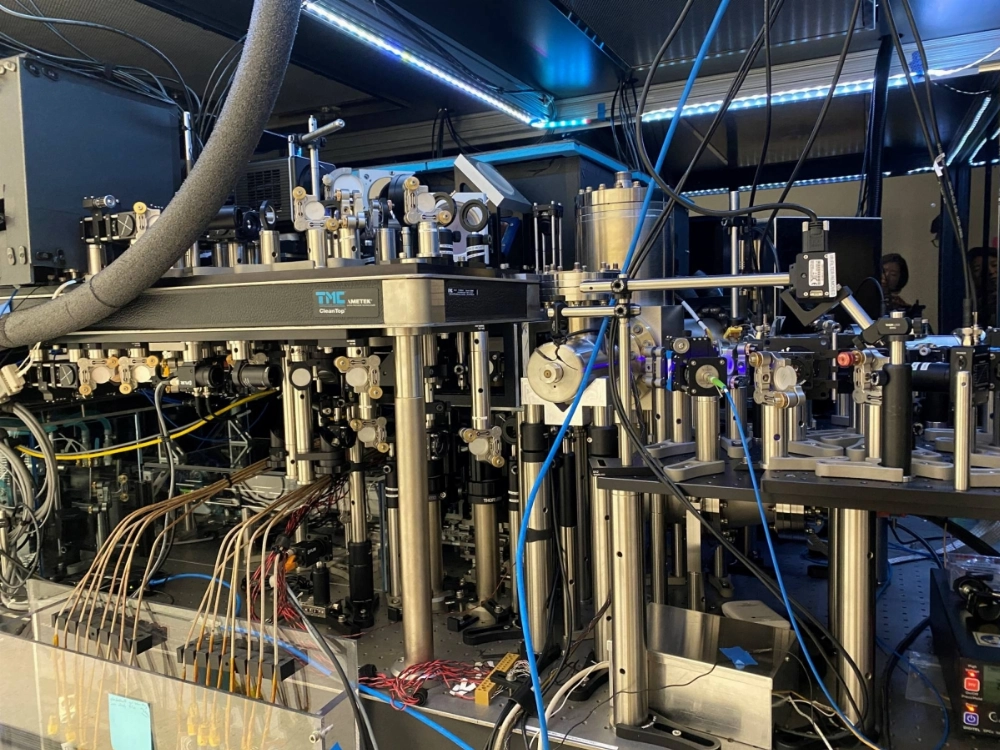From the World War II race for an atomic bomb, to the Cold War race for nuclear and space technologies, and now the global AI race, each technological frontier has reshaped the geopolitical landscape. Today, similar to AI, quantum technology is drawing attention for its rapid development and far-reaching implications.
With a massive potential market, and expectations for commercialization within five years, global competition is intensifying. Quantum advancements, from computing and communications to object-detecting sensors, carry immense potential to transform both commercial industries and national defense.
So what is quantum technology? All matter, including the human body, is composed of atoms, which themselves are made up of quantum particles. These particles exhibit both wave and particle properties and behave according to the unique laws of physics that govern the quantum realm at the nanoscale, where one nanometer equals one-millionth of a millimeter. At this scale, quantum technology leverages quantum mechanics to dramatically enhance computing, sensing and communications. Quantum computers can solve complex problems and perform optimizations that are extremely difficult for classical computers. Their potential applications span cryptography, materials science and logistics.


















With your current subscription plan you can comment on stories. However, before writing your first comment, please create a display name in the Profile section of your subscriber account page.